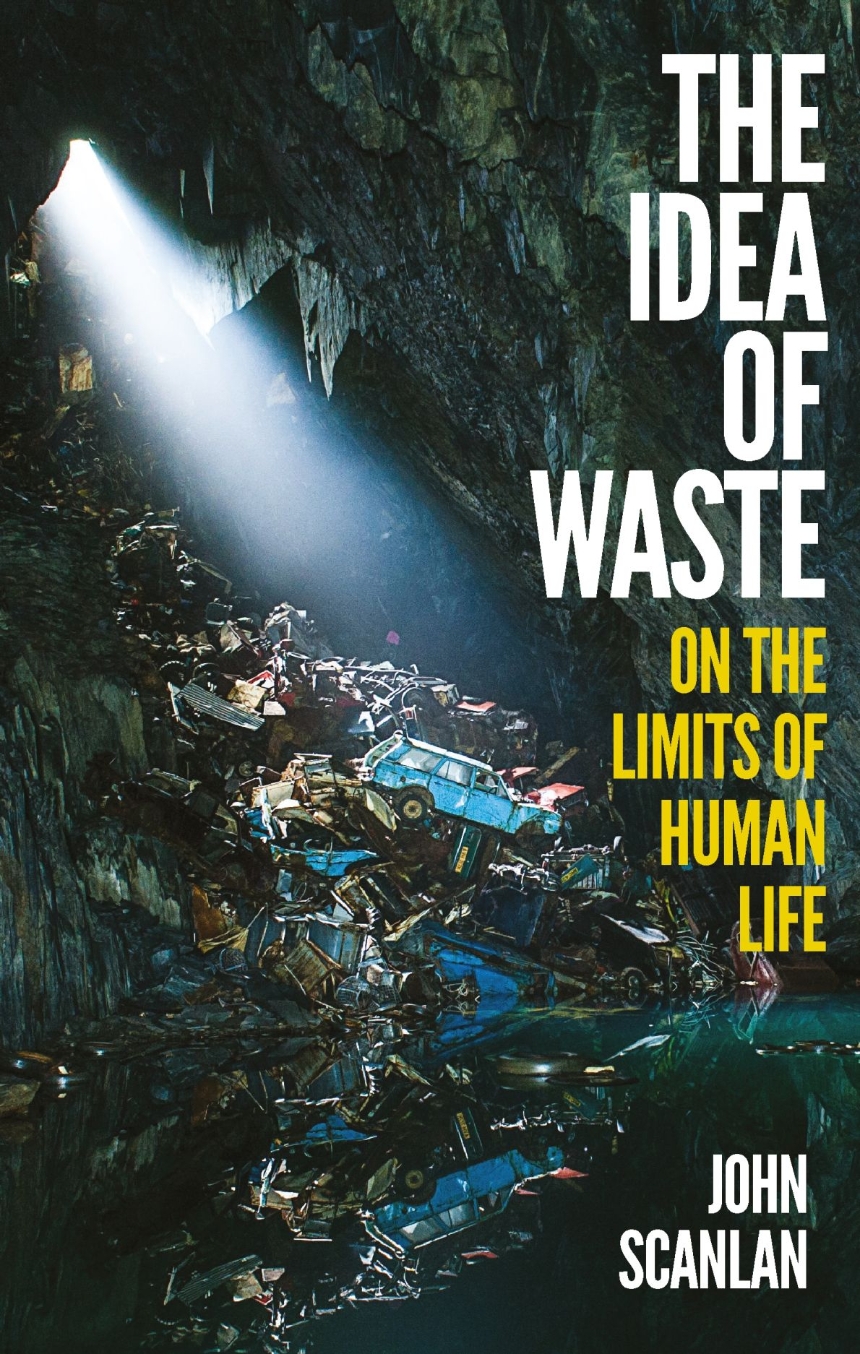As John Scanlan demonstrates in his new book The Idea of Waste: On the Limits of Human Life, trash and the political imagination have always nourished each other. Taxpayer money handled by political criminals also circulates through similar secret underworlds. Mounds of refuse were stacked “higher than automobiles parked at curbs” in the Lower East Side during the 1968 sanitation workers’ strike. It made the downtown Yippie provocateur Abbie Hoffman, who was organizing a protest at the time against the government’s neglect of his neighborhood, wax apocalyptic: “Future historians would write that America was destroyed by a nuclear attack when in actuality the people just stopped picking up their trash.” The strike was only nine days long, but it forced Mayor John Lindsay and Governor Nelson Rockefeller to offer a new contract to the workers, proving that some vermin will run away from trash rather than toward it.
A cultural historian at the University of Central Lancashire and the author of books on a grab bag of topics—among them memory, Van Halen, the Rolling Stones, and the Sex Pistols—Scanlan says midway through the book that he worked for four years in the early nineties at a Glasgow flea market called the Barras, selling remaindered bolts of cloth. His penchant for punk and junk means skimming the endnotes of The Idea of Waste is like stumbling on a yard sale with everything you’ve ever wanted: from Silent Spring to Simulacra and Simulation to The Sopranos.
The Idea of Waste’s table of contents is a little koan-like, with chapters titled “Objects: Consume, Accumulate, Destroy” and “Temporalities: Deep, Infinite, and Meaningless.” Scanlan rejects linear narrative—“Temporalities,” for instance, begins with Hesiod’s Theogony and ends with Elvis’s “Viva Las Vegas”—tracing instead the arc of waste’s waning materiality in the social imagination. Scanlan’s argument is that what we call “waste” is better understood as an idea, not an assortment of things. It is an “object of human consciousness” that organizes our perception of the world, “something that inheres or attaches itself to everything we do at all times, whether or not we are conscious of it.” Scanlan contends that, though technocracy has hidden waste in its increasingly alarming forms from the public eye, it never disappears. Seen his way, all civilization is an attempt to make waste disappear—but, like any repression, waste returns in fantastical forms.
